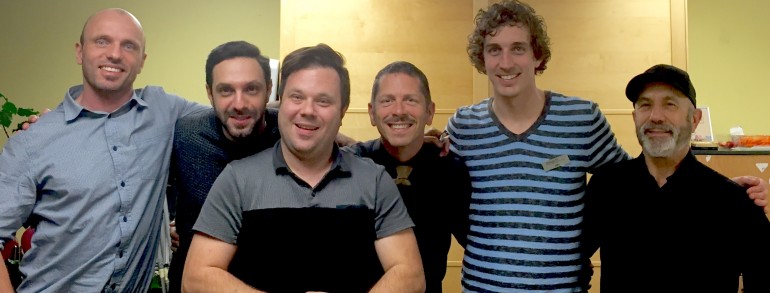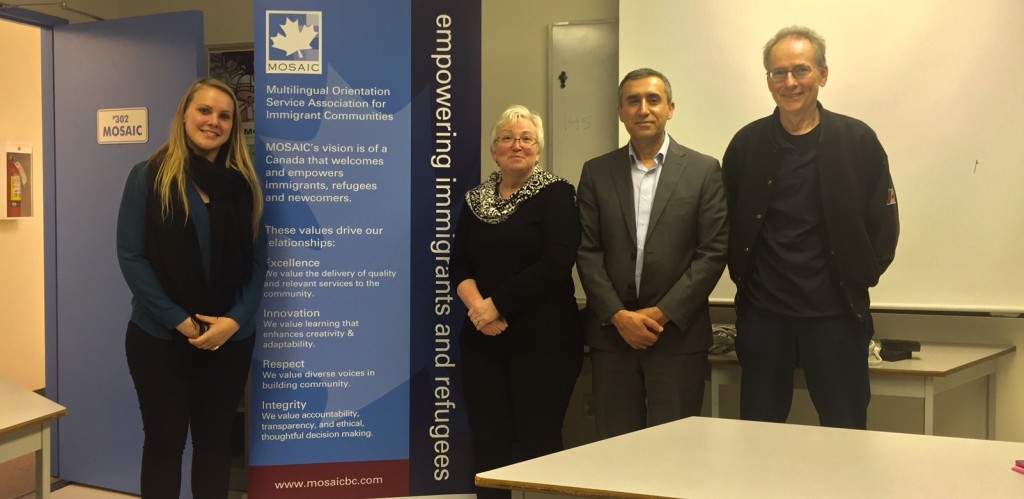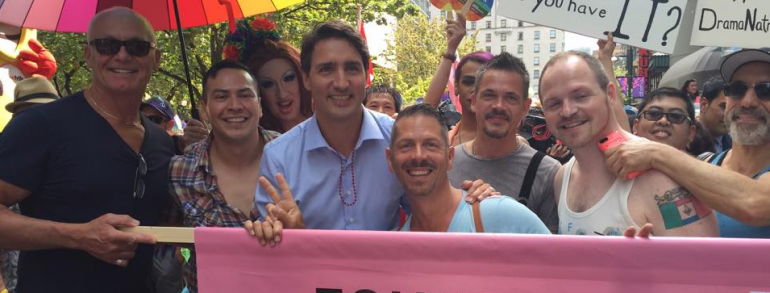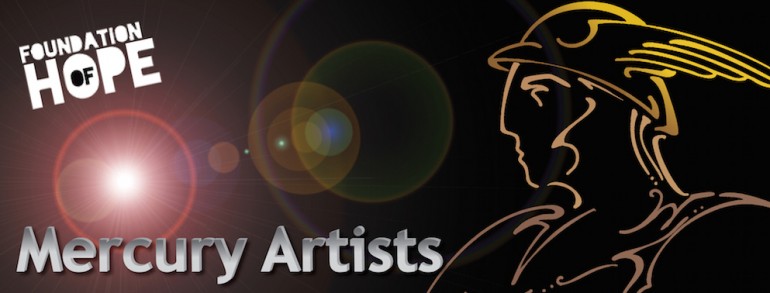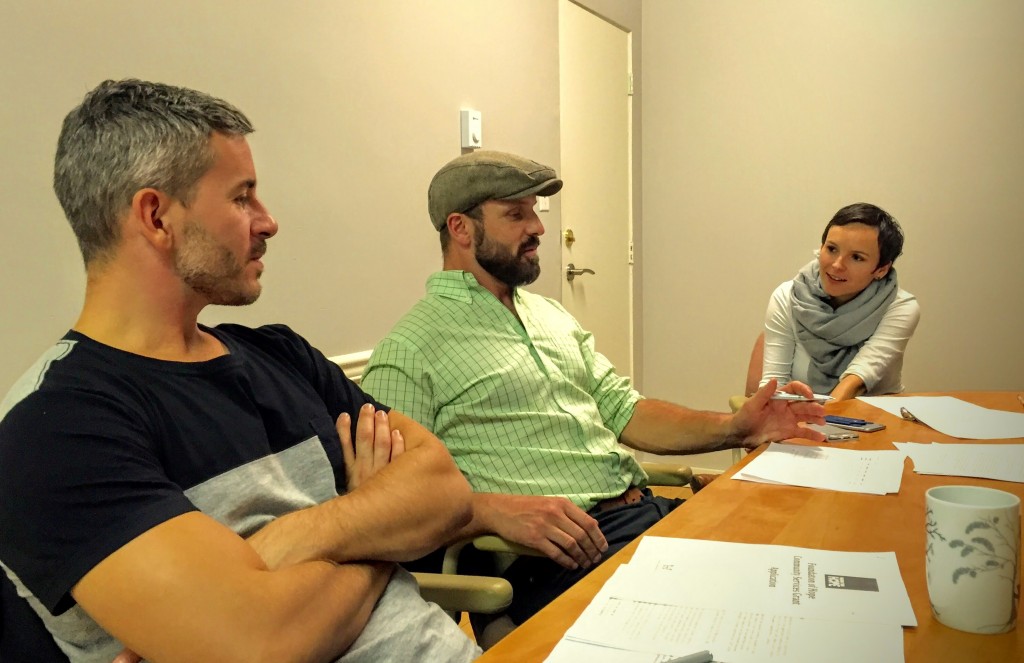Foundation of Hope Board of Directors had an enlightening session with Julie Hamilton last Sunday. Having exceeded the goals set during the 2015 Strategic Planning workshop, Julie once again generously volunteered her time and skills to get us focused on building on that success.
Intent on growth, FOH structured the session to look beyond a single year and set key objectives for the coming three years:
1) Increase Board capacity and enhance its effectiveness;
2) National development of strategic partnerships; and
3) Become a sustainable charity through long-term financial stability.
To achieve these objectives, Julie helped identify a few strategies that require a modest retooling of FOH’s message. Enhanced involvement of volunteers, donors, partners, and grant recipients is integral to our long-term vision.
The session began with a reflection on the achievements in Year 1. What did FOH do? Who was involved? What made us proud?
We all agreed that milestones included FOH’s governance structure, charitable designation, and ability to exceed the goals set for financial gain. We ultimately delivered on our mission to financially support charitable organizations assisting LGBT+ Refugees and Newcomers. The ability to gain charitable status prominently demonstrated a commitment by the Board.
Formal establishment of a legitimate volunteer board with working committees, successful fundraising efforts, and build out of the grant infrastructure allowed FOH to receive and approve funding applications. The tireless volunteer effort from within and beyond the LGBT+ community combined with an incredible wave of generosity from our partners and donors cannot be overstated. To this end, FOH is honoured to have built such an important bridge for the larger LGBT+ community.
A presence in the Pride parade and the creation of the STRUT event brought in folks and organizations to proudly step up to support this cause, including Prime Minister Justin Trudeau himself! Individual fundraisers held by Peter Fitzmaurice and Kevin Perra, exposure through Lush Cosmetics’ #gayisok campaign, and promotional events hosted by Neighbourhood House and Mercury Artists all demonstrate teamwork as a huge element of success.
But success is not without challenges. Valuable lessons came out of FOH first year agenda. For example, FOH understands better that it’s important to be clear when to say no. This extends to communication within social media and interpersonal relationships; it is critical to maintain clear and consistent messages and define boundaries. External challenges included being too receptive of negative feedback/criticism, which required strengthening our internal support network and growing a bit of thick skin!
So where do we go from here and how do we get there?
Foundation of Hope understands that board unity is its strength. This is not only effective, it can actually be contagious. And that’s a good thing, especially since we consist entirely of unpaid volunteers with full-time careers! Strength in unity comes through team building exercises, which we intend to foster as we move forward. This year, FOH will roll out an internal on-boarding strategy to expand board capacity in a way that is intentional, transparent, accountable, and predicated on success. It is precisely in keeping with our Constitution.
In terms of future growth and organizational development, FOH will cultivate strategic partnerships over the next twelve months. Our registered charitable status is conditioned on giving to other Canadian charities as a “rhizomatic” system (i.e., a lateral network of stems for disseminating grants). Like a farmer tending a garden, FOH aims to position itself at the heart of this network as the middle ground between the grassroots and wealthier organizations. Through volunteerism and dedication, the individual contributions (i.e., “time, treasure, or talents”) from the grassroots are like essential nutrients from soil. This is equally as valuable as contributions from larger, deep-pocketed organizations, which act as sunlight – an energy supply to fuel growth.
Nutrients and energy are the essential ingredients that sustain a rhizomatic system of financial support, where FOH sees its role as most valuable. As a hallmark event, STRUT is our principal fundraiser that also raises the visibility of the cause. The intention is to build a financially stable legacy, though we mustn’t become overly dependent on one signature event.
Still, moving STRUT beyond Vancouver and into other provinces and cities can enable FOH to raise our profile. The cause is global in scope, so we’re gonna step up to the platform!
A metamorphosis is underway.
Reliable financial support to LGBT+ Refugees and newly settled migrants is a long-term priority for FOH. To develop a sound investment strategy, a key objective is going to be identifying the means to ensure longevity that allows us to be financially self-sufficient.
We have a lot of work to do over the coming three years. As the issue of LGBT+ identity persecution continues to pervade so much of the world, time is of the essence.


